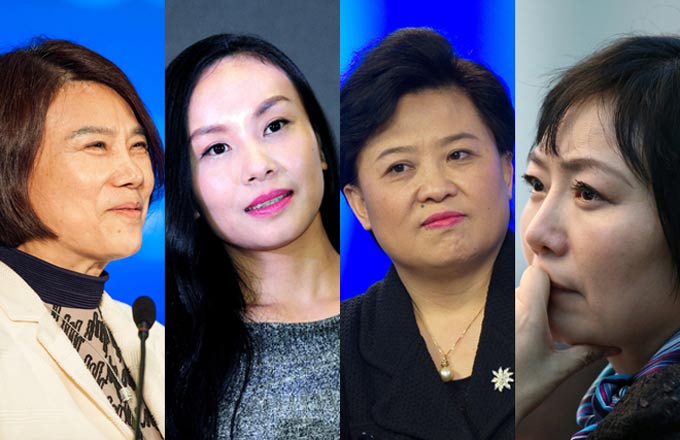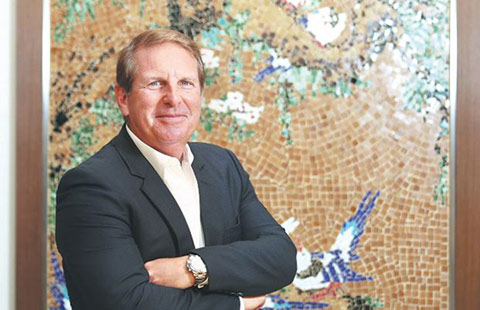Foreign interest grows in aging society
Industry figures suggest that around 20 percent of those two's revenues now come from the consumer healthcare sector.
Liu Zhanglin from the China Chamber of Commerce, added that Chinese consumers are already strongly associating with well-known, highly successful international brands, and are increasing their spending on them.
In general, he said, global pharmaceutical companies have a reputation for high-quality, reliability and trustworthiness, backed-up by strict manufacturing standards and quality control.
Pfizer's Choy said: "We are a pharmaceutical company that does healthcare supplements, and we are developing and producing those in accordance with rules that are just as strict as they are for making medicines."
Liu and Choy both agree, however, that no matter the quality of the product, success in the Chinese healthcare products sector also depends heavily on being able to operate a mature distribution network.
Choy says Pfizer is focused on expanding its distributor network, and has set up a retail network across the country based on its medical sales network.
In addition to hospitals, pharmacies and supermarkets, it has a strong e-commerce presence and sells through cosmetics chains, such as Watsons.
He said its new supplement series will be mainly promoted in pharmacies, but network expansion and diversified channels are also planned to make it available in more cities across China.
Related Readings
'Best time' to invest in healthcare industry
Healthcare reform improves equal access
Looking abroad for healthcare
China becoming healthcare R&D hub

















